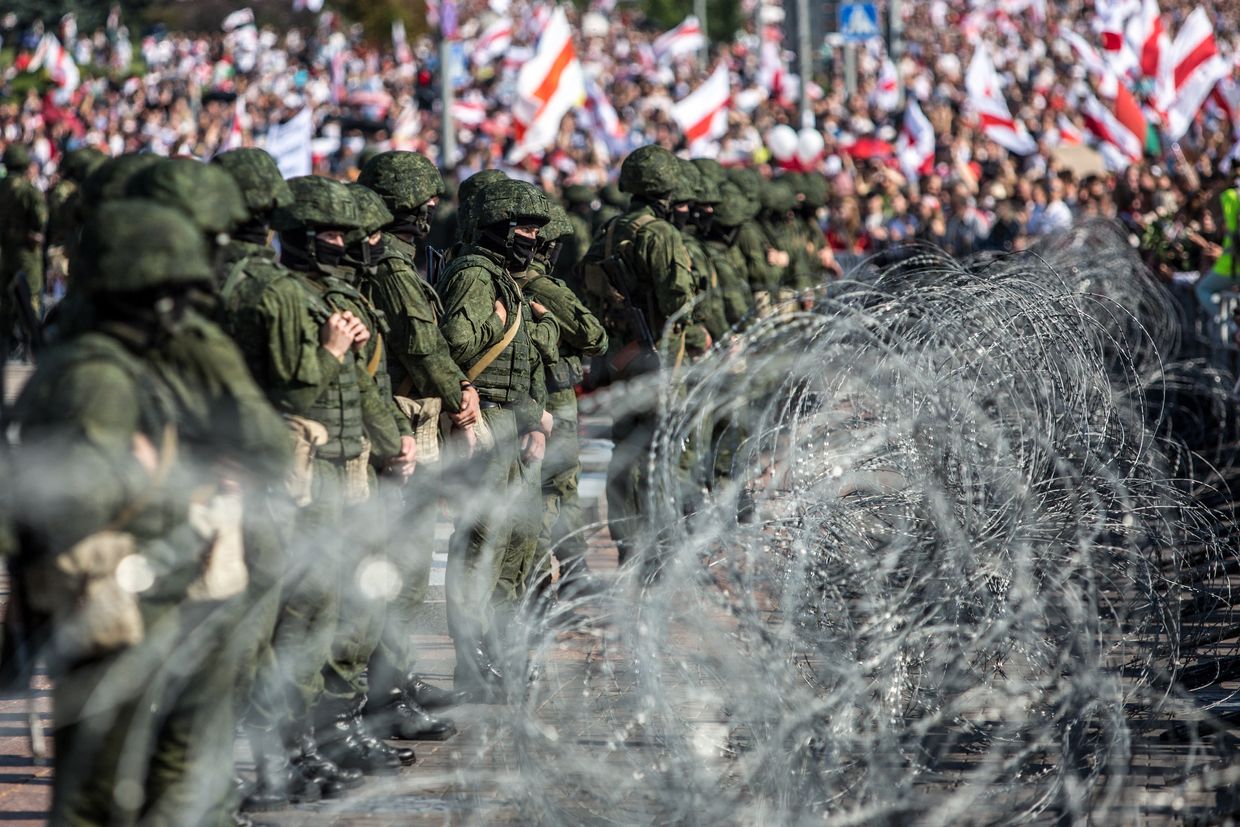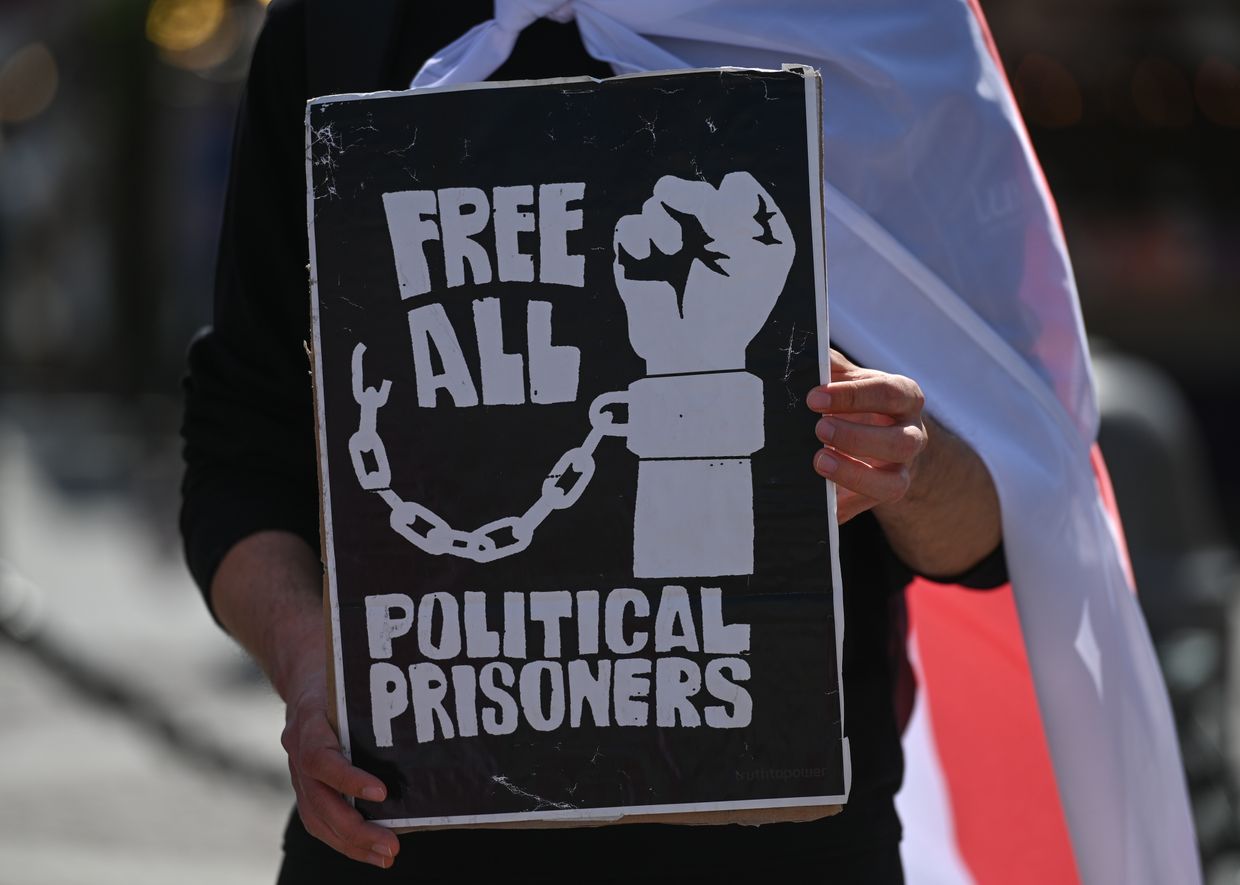Belarusian dictator Alexander Lukashenko freed 23 Belarusians convicted of "extremist crimes," his press office reported on Jan. 18.
Lukashenko has pardoned political prisoners in rounds since July, a move that many see as an attempt to boost his approval rating ahead of the 2025 presidential election. However, political persecution continues in Belarus, according to human rights activists.
The eighth round of "pardons" includes three women and 20 men. More than half of them are over 50 years old. Fourteen people have chronic diseases, according to the statement.
The names of the released convicts have not been revealed.
Since the first round of pardons on July 3, timed to coincide with Independence Day in Belarus, over 200 political prisoners have been reportedly released. Nearly 1,300 prisoners remain behind bars in Belarus, Viasna Human Rights Center reported.
However, the Lukashenko regime is continuing its crackdown on dissent. In fact, arbitrary repression of political opponents has intensified in Belarus in the run-up to the 2025 presidential elections, the Viasna said.
Over November and December, human rights activists added 120 new names to the list of recognized political prisoners in Belarus.
Lukashenko has been in power since 1994 and is looking to reelect himself for the seventh time.














